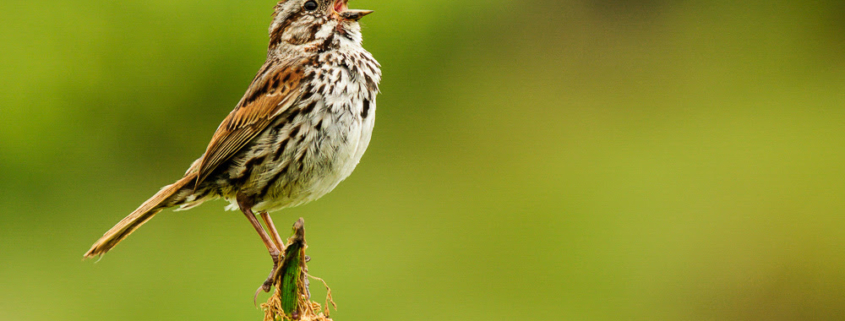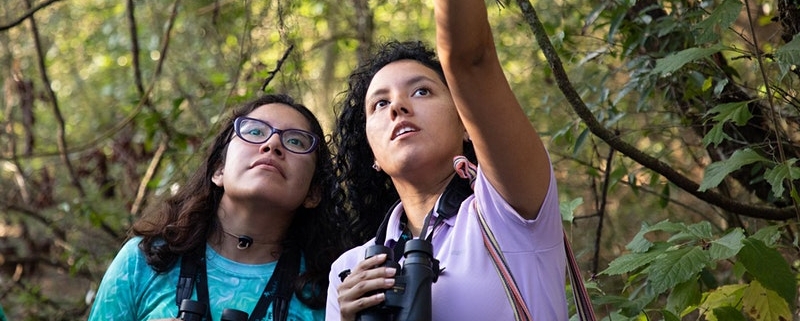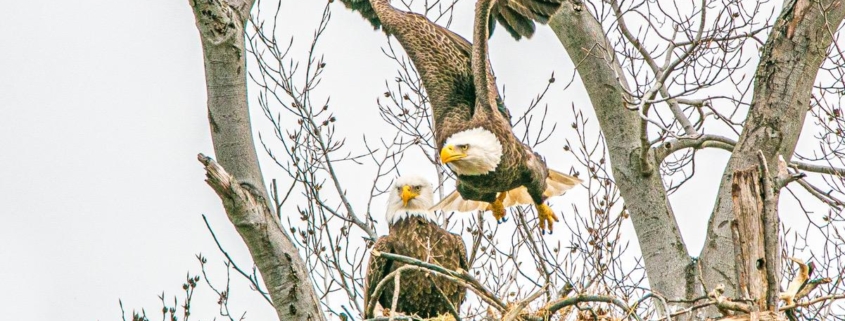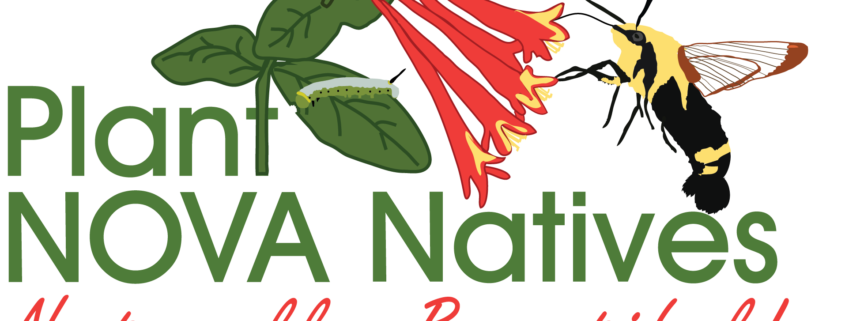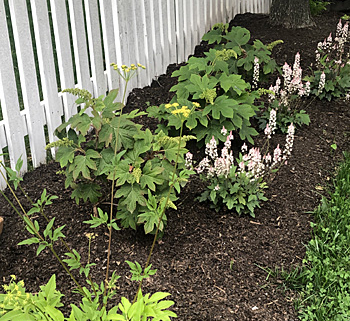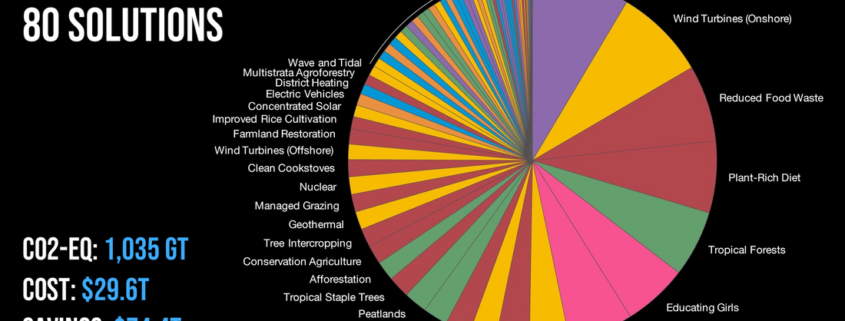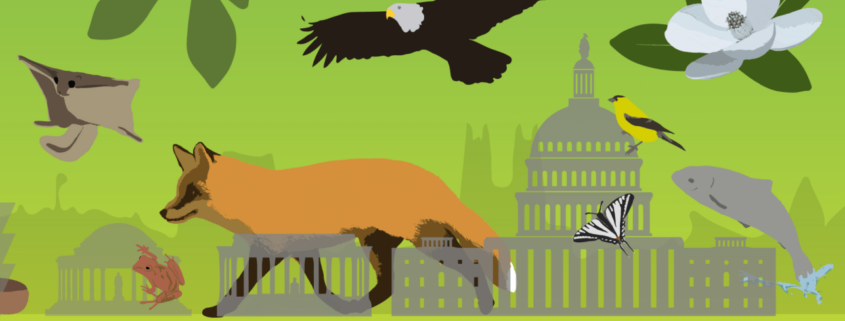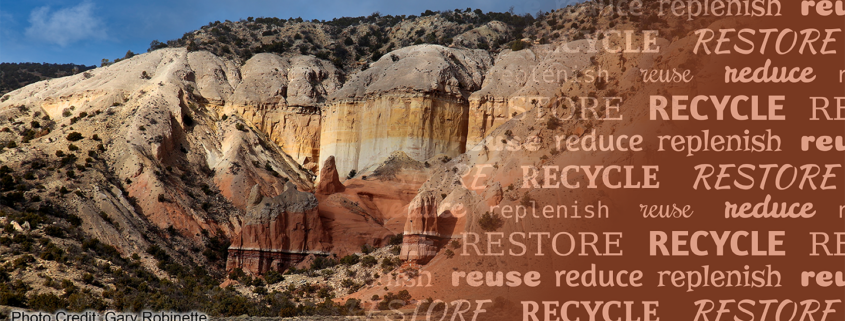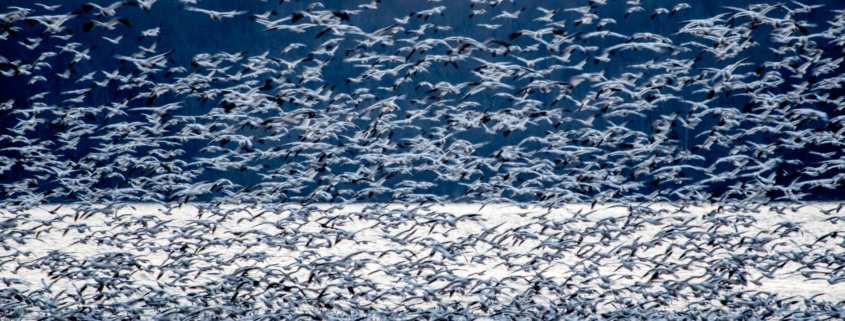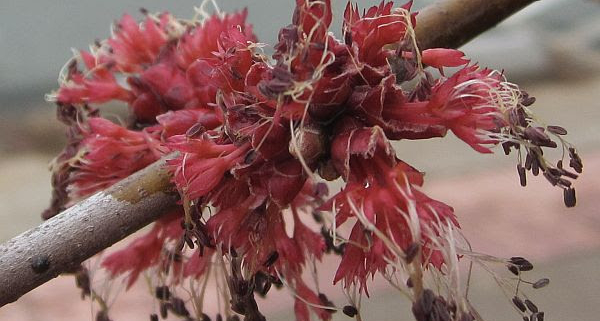Birding by Ear
Song Sparrow photo by Pat Ulrich
On line: Thursday, May 13, Tuesday, May 18 & Thursday, May 20
7:00 – 8:30PM
Field Trip: Saturday, May 22 (Limit 20), Place TBD
Fee: $75/Online only; $100/Online + Field Trip
To register, click here.
Sponsored by Audubon Society of Northern Virginia
Have you ever wondered what that song or ‘chip’ note was that you heard on a forest hike? Can’t tell the difference between a spring peeper and a wood warbler? How does one learn to memorize the complex and endless variety of bird sings? This workshop is designed for you. If you are a relative beginner, and want to start building a repertoire of learned bird songs and calls, here is the place. This workshop on Birding by Ear will help you phoneticize a variety of bird calls using mnemonic devices, understand the basic function and purpose of avian vocalizations, organize a library of calls and songs having similar characteristics, and improve your field birding skills.


